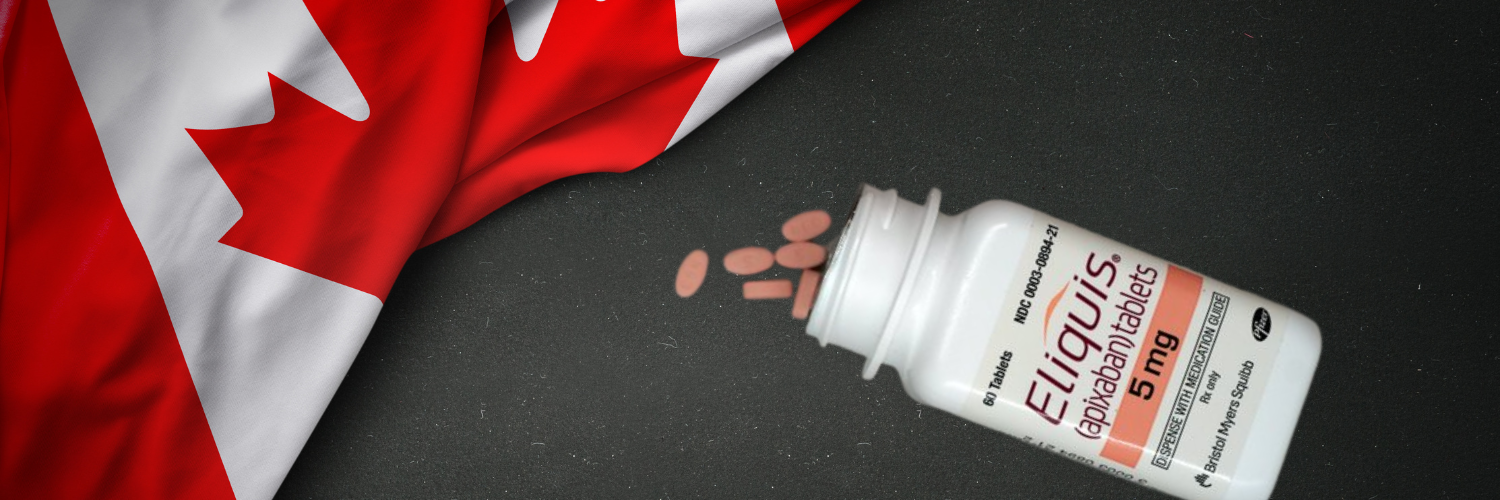Is it ethical for Canadian doctors to help Americans fill prescriptions they can afford?

It’s no secret that Americans buy cheaper prescription drugs from Canadian pharmacies. The prices of brand name drugs are 75% lower in Canada than in the United States. For an uninsured American – about 30 million people – that often means the difference between taking and not taking a prescription that they need. Even the insured too often slip through the cracks when it comes to high drug prices and forgo medication when their deductibles are too high.
When Americans order prescription drugs online from a Canadian pharmacy, if they are buying from a reputable online pharmacy, they must submit a valid prescription. However, that prescription is often written by a U.S. doctor. Under Canadian regulations, a Canadian pharmacy must receive a prescription from a Canadian doctor to dispense a prescription order: the U.S. prescription is not sufficient to comply with the law. So how does a Canadian pharmacy validate a prescription written by an American doc? Simple. They get a Canadian doctor to review the U.S. prescription and then issue a valid Canadian prescription based on that review. The practice is called “co-signing.”
But not all Canadian doctors are willing to cosign, and they might justify their decision as an ethical one. How can that be?
There are critics in Canada who refer to this legal practice as unethical because the prescribers have, in most cases, not established a direct relationship with that patient. The summary explanation of why cosigning should, in fact, be considered highly ethical is as follows:
The prescribing Canadian doctor, based on a review of the U.S. prescription, knows that the patient is under the supervision of a licensed practitioner and that the patient may not have an affordable alternative at a U.S. pharmacy to obtain a necessary medication.
That’s precisely why a patient orders a drug over the Internet from Canada.
In view of the ethical foundation for the practice of medicine – “do no harm” – helping the patient obtain the drug is ethical. If they decline, then the patient may go without needed medication.
Why co-signing is completely compatible with prescribing practices in the U.S.
Let’s start with a reminder about what filling a prescription means. “Prescription” drugs are medications that medical experts have determined should not be taken without a licensed practitioner evaluating a patient and determining that the medication is needed. The reason is that prescription medications have benefits and risks that require medical training to properly assess. In contrast, there are thousands of non-prescription medications (i.e., over-the-counter (OTC) drugs) that medical experts believe adults are capable of using through self-treatment, such as Advil, Claritin, Nyquil, or Preparation H, etc.
Which drugs require a prescription is a matter of federal law
Under federal law (21 USC 353(b), a drug:
because of its toxicity or other potentiality for harmful effect, or the method of its use, or the collateral measures necessary to its use, is not safe for use except under the supervision of a practitioner licensed by law to administer such drug…shall be dispensed only (i) upon a written prescription of a practitioner licensed by law to administer such drug…” (emphasis added).
In other words, certain drugs are approved only for use when a licensed practitioner has given the green light for them to be used. Otherwise, the patient can’t buy the drug because it has enough side effects and risks to make this requirement necessary.
For our purposes, the keyword above is “supervision.” When a person goes to a pharmacy to pick up a prescription drug, the pharmacist needs to know that they are under the supervision of a licensed practitioner. The patient’s prescription provides the pharmacist with the medical knowledge necessary to safely dispense the drug.
What is it that makes this “supervision” valid? For the answer, let’s look to the Model Pharmacy Act of the National Association of Boards of Pharmacy (NABP):
A Prescription Drug Order, to be valid, must be issued for a legitimate medical purpose by a Practitioner acting within the course of legitimate professional practice.”
“The times they are a-changin'.” Traditionally, the medical establishment generally held that a prescription should only be written and considered valid by a practitioner who has physically examined the patient in person. Today, many prescriptions are legally generated in the U.S. on the basis of remote consultations via the Internet and phone in a practice referred to as telemedicine. Due to the global coronavirus pandemic, the practice of telemedicine – where patients are examined by practitioners over the Internet, in some instances just based on a questionnaire, as a basis for prescribing has exploded.
State medical boards determine whether or not a prescription can be written without an in-person examination. Telemedicine and the role of state medical boards in rulemaking are recognized in the NABP Model Pharmacy Practice Act (emphasis added):
"(n7) Valid Patient-Practitioner Relationship” means the following have been established:
(1) a Patient has a medical complaint;
(2) a medical history has been taken;
(3) a face-to-face physical examination adequate to establish the medical complaint has been performed by the prescribing practitioner or, in the instances of telemedicine, through telemedicine practice approved by the appropriate Practitioner Board; and
(4) some logical connection exists between the medical complaint, the medical history, and the physical examination and the Drug prescribed."
Valid patient-prescriber relationships are established through the practice of telemedicine or traditional patient consultations in person. Therefore, when a Canadian pharmacy receives a valid U.S. prescription, there is no public health justification not to fill the order based on that prescription, except one: that, in the U.S., the system for issuing prescriptions is viewed as inadequate under Canadian federal or provincial laws. This article will not take the argument that far. Despite their different systems, both the U.S. and Canada are known to have world-class medical training and healthcare providers. A Canadian doctor in their medical judgment is justified in helping an American patient afford a medication by co-signing a prescription written by a qualified and licensed U.S. practitioner.




